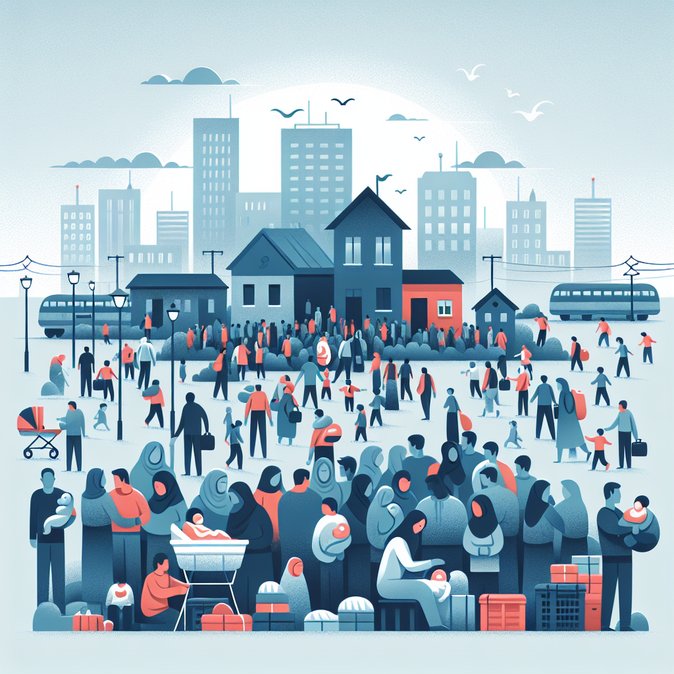
Brussels’ largest homeless organisation, **Samusocial, sounded the alarm on 17 November 2025 after revealing it has already taken in 150 infants younger than twelve months this year – more than two every week**. Twenty-eight of those babies were transferred directly from maternity wards to emergency accommodation because their families had nowhere else to go.
The figures underscore the knock-on effects of Belgium’s ongoing asylum reception crunch. Capacity in the federal Fedasil system remains saturated, forcing recognised refugees and undocumented migrants alike to seek emergency beds in city shelters. Samusocial says it has **had to refuse 2,161 people – including 613 families – since September** because all 1,100 beds are full. A quarter of those beds are occupied by minors.
![Asylum Bottlenecks Worsen: Brussels Shelters Admit 150 Babies Under One Year Old in 2025]()
For Global Mobility and HR teams relocating staff to Brussels, the data act as a stark reminder of the city’s housing squeeze and the social sensitivity surrounding migrant accommodation. While corporate assignees typically secure private rentals, relocations may face community backlash if high-end leasing is perceived to compete with social needs. Companies are increasingly exploring **corporate-social-responsibility partnerships with local NGOs** to help expand temporary housing stock and demonstrate solidarity.
Policy-wise, the crisis is fuelling debate within Belgium’s federal coalition over whether to **scale back hotel accommodation for asylum seekers** and tighten eligibility for state-provided housing. Mobility advisers warn that any abrupt policy shift could also affect dependants of work-permit holders who transition to humanitarian status, making early legal counselling essential.
Practically, employers should factor possible delays into family-move timelines, conduct careful neighbourhood due-diligence, and brief arriving assignees on the humanitarian context so they can navigate local sentiment constructively.
The figures underscore the knock-on effects of Belgium’s ongoing asylum reception crunch. Capacity in the federal Fedasil system remains saturated, forcing recognised refugees and undocumented migrants alike to seek emergency beds in city shelters. Samusocial says it has **had to refuse 2,161 people – including 613 families – since September** because all 1,100 beds are full. A quarter of those beds are occupied by minors.

For Global Mobility and HR teams relocating staff to Brussels, the data act as a stark reminder of the city’s housing squeeze and the social sensitivity surrounding migrant accommodation. While corporate assignees typically secure private rentals, relocations may face community backlash if high-end leasing is perceived to compete with social needs. Companies are increasingly exploring **corporate-social-responsibility partnerships with local NGOs** to help expand temporary housing stock and demonstrate solidarity.
Policy-wise, the crisis is fuelling debate within Belgium’s federal coalition over whether to **scale back hotel accommodation for asylum seekers** and tighten eligibility for state-provided housing. Mobility advisers warn that any abrupt policy shift could also affect dependants of work-permit holders who transition to humanitarian status, making early legal counselling essential.
Practically, employers should factor possible delays into family-move timelines, conduct careful neighbourhood due-diligence, and brief arriving assignees on the humanitarian context so they can navigate local sentiment constructively.


